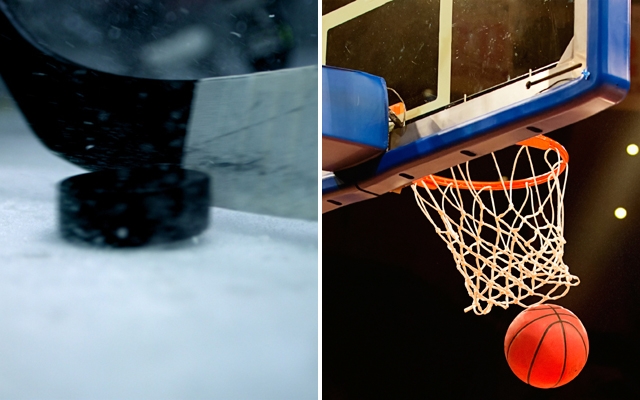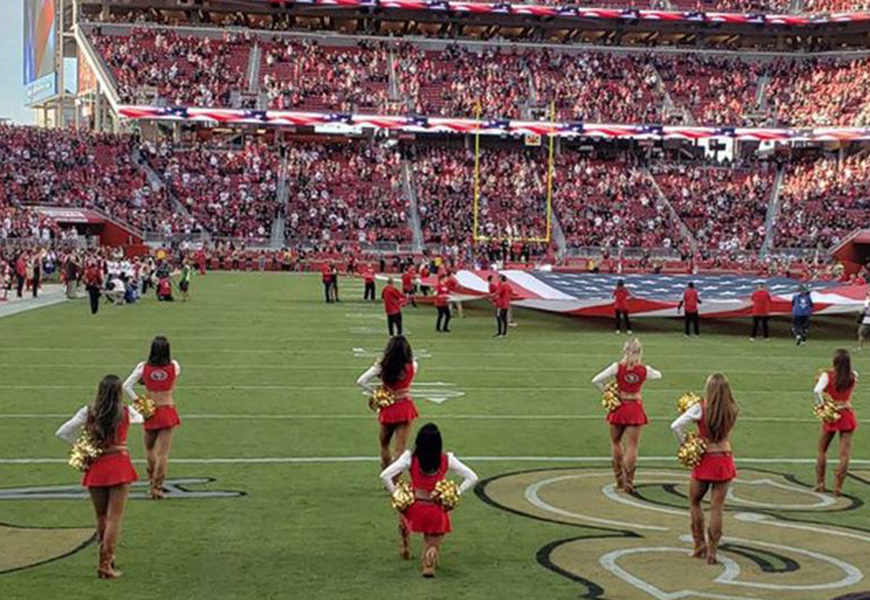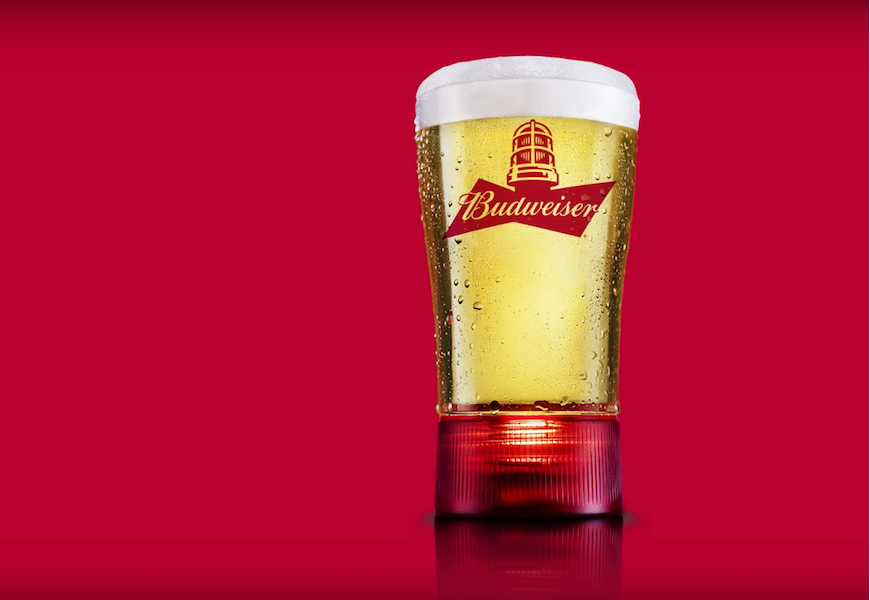“To tank or not to tank, that is the question” – Shakespeare, if he were around today and was a sports fan.
As the NHL and NBA seasons mercifully come to a close, making way for the far more enjoyable playoffs and then the always entertaining offseason, a look at the standings in each league reveals a collection of teams that have been significantly worse than everyone else this season.
On the ice, those teams are – from worst to just not good – Buffalo, Arizona, Edmonton, Toronto and Carolina, with the first three in the group having painfully bad seasons.
On the hardwood, the New York Knicks, Philadelphia 76ers and Minnesota Timberwolves probably won’t win 20 games and the Los Angeles Lakers probably won’t win 21.
For some of those teams, being this bad has been a strategic decision. For others, it has simply been the way their seasons have played out. For a couple, it has been a combination of the two.
Tanking has become a major topic in professional sports. It used to be that teams would pack in down the stretch to maintain or improve their position in the upcoming draft, but over the last few years, being almost unable to compete while stockpiling assets and planning for the future has become an official approach to rebuilding.
The Buffalo Sabres and Philadelphia 76ers would probably be pissed if you said they were tanking, but neither team was actively trying to be competitive this season.
Over the last couple years, Buffalo acknowledged that a major overhaul was needed, so they started shipping out established players for draft picks and prospects with an eye towards securing one of the top two picks in this summer’s NHL Entry Draft, where Connor McDavid and Jack Eichel look like tandem franchise players destined to go first and second overall. With two games left to play, the Sabres are 23-49-8 and sit at the bottom of the NHL standings, just as they had hoped.
Sixers general manager Sam Hinkie is either a genius or a guy that is going to never get another job in the NBA ever again and it all hinges on how his plan for rebuilding the 76ers works out. In his two seasons at the helm in the City of Brotherly Love, Hinkie has drafted injured players that didn’t play all year in back-to-back drafts, traded away an All-Star point guard and the reigning Rookie of the Year, stashed another Top 10 pick in Europe and rolled out anonymous units that have gone a combined 37-124 over the last two seasons.
They too are poised to pick near the top of the draft again this summer and next year is going to be the first “we need to see signs of life” season in Philadelphia. There is hope, but there are also people that think Hinkie’s plan is stupid and there is no direct path to NBA success and Philadelphia could continue to stink for years to come.
But why shouldn’t Buffalo and Philadelphia take this approach? Young players on controllable deals are easier to come by than established superstars and if you accumulate enough of them and find the right combination, you could end up looking a lot like the Pittsburgh Penguins in the mid-aughts or the Oklahoma City Thunder, both pre- and post-James Harden Trade.
Isn’t that’s better than being the Dallas Stars or Phoenix Suns right now – two teams that have been just good enough to miss the playoffs and therefore land at the back end of the lottery, where crap shoot selections are plentiful.
There are, of course, counterpoints to the “planning for the future and managing assets accordingly” way of building a team.
1) Tanking doesn’t always work.
The Boston Celtics tanked in 1997 in hopes of securing the first-overall pick in the draft, taking Tim Duncan and reclaiming lost glory with “The Big Fundamental” as their centerpiece. San Antonio won the lottery, picked Duncan and became a dynasty. The Celtics got the third and sixth picks, drafted Chauncey Billups and Ron Mercer, gave up on Billups early, continued to stink and only got better when the stars aligned and Kevin Garnett and Ray Allen came to town.
2) Don’t you owe it to the fans to field a competitive team?
Honestly – what reason did hockey fans in Buffalo have for going to Sabres games this season? Being awful is fine in Arizona because no one is going to the games anyway, but Buffalo loves their hockey team and this year, they got to watch the equivalent of an AHL club get drubbed more often than naught. How anyone still goes to Sixers games at this point is a mystery that will never be solved.
The unfortunate reality of all this is that “tanking” is probably the safer long-term strategy for a team that needs to rebuild. Take the Toronto Maple Leafs.
For the better part of the last decade, Toronto has been just good enough to miss the playoffs. Each offseason, they’ve made some kind of splash in the free agent market, throwing big money at established names believing this latest guy was going to be the guy that gets them over the hump.
That guy was never the guy. The latest “that guy,” David Clarkson, flamed out so hard he was shipped to Coumbus for a player that will most likely never play in the NHL again thanks to a serious back injury.
Rather than throwing around more money this summer, it would make more sense for Brendan Shanahan & Co. to invest in the future – jettison whatever established players they can in exchange for picks and prospects, add them to the young core that is already being assembled and aim to be successful in 3-5 years.
It doesn’t sound sexy, but it’s better than being slightly above average and never really improving. At least this way, the team can eventually add veteran talent around its young core and see what they’ve got, which is ideally what will happen in Buffalo and Philadelphia as well.
Or maybe Sam Hinkie will just keep trading away last year’s picks for a first and a second two years down the road, drafting more Europeans to stash overseas and keep the Sixers in a continual state of construction.












